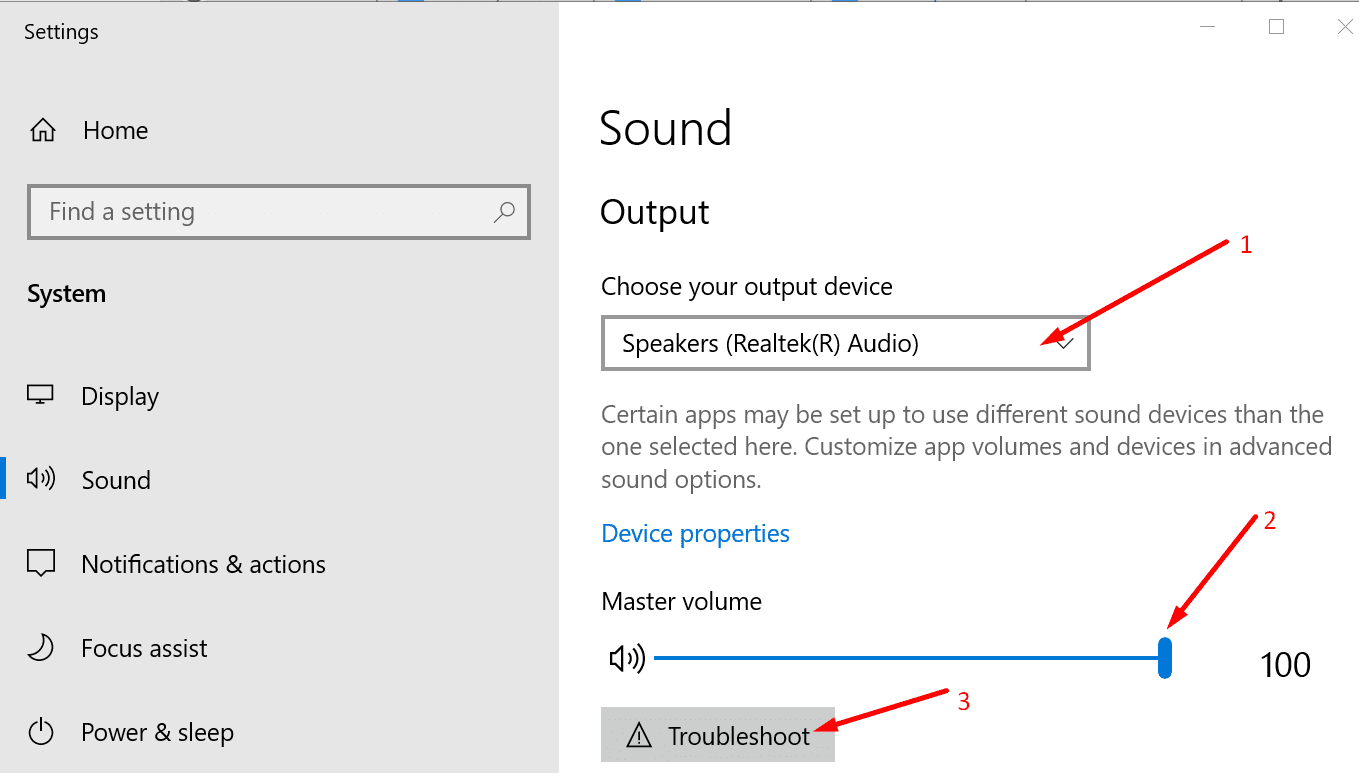

- #Change speaker output for firefox mac how to
- #Change speaker output for firefox mac android
- #Change speaker output for firefox mac series
- #Change speaker output for firefox mac mac
We have written two simple demos to allow you to try out speech recognition and synthesis: Speech color changer and Speak easy synthesis. This is because Chrome’s server-side speech recognition has more processing power available than the client-side solution Firefox uses. Note: Chrome does not appear to deal with specific grammars instead it just returns all results, and you can deal with them as you want. So it doesn’t report back “sorry that’s none of the above” - instead it says “of the choices you gave me, this looks the best”.
#Change speaker output for firefox mac android

#Change speaker output for firefox mac how to
In the coming sections we’ll explore how to use these interfaces to build up speech-enabled apps.
#Change speaker output for firefox mac series
There is nothing to stop you from implementing an app that recognizes an inputted voice command and then speaks it back to the user, but apart from that their functionality is separate.Įach one has a series of interfaces defining their functionality, at the center of which sits a controller interface - called (predictably) SpeechRecognition and SpeechSynthesis. The recognition and synthesis parts of the Web Speech API sit in the same spec, but operate independently to one another.
#Change speaker output for firefox mac mac
Browsers tend to use the speech services available on the operating system by default, so for example you’ll be using the Mac Speech service when accessing speech synthesis on Firefox or Chrome for OS X. You might be thinking “functionality like Speech Synthesis is pretty complex to implement.” Well, you’d be right. In this article we’ll explore how this API works, and what kind of fun you can already have. As of late 2015, Firefox (44+ behind a pref, and Firefox OS 2.5+) has implemented Web Speech, with Chrome support available too!

The Web Speech API has been around for quite some time, the spec having been written in around 2014, with no significant changes made since.

Speech Synthesis and recognition are powerful tools to have available on computers, and they have become quite widespread in this modern age - look at tools like Cortana, Dictation and Siri on popular modern OSes, and accessibility tools like screenreaders.īut what about the Web? To be able to issue voice commands directly to a web page and have the browser read text content directly would be very useful.įortunately, some intelligent folk have been at work on this.


 0 kommentar(er)
0 kommentar(er)
